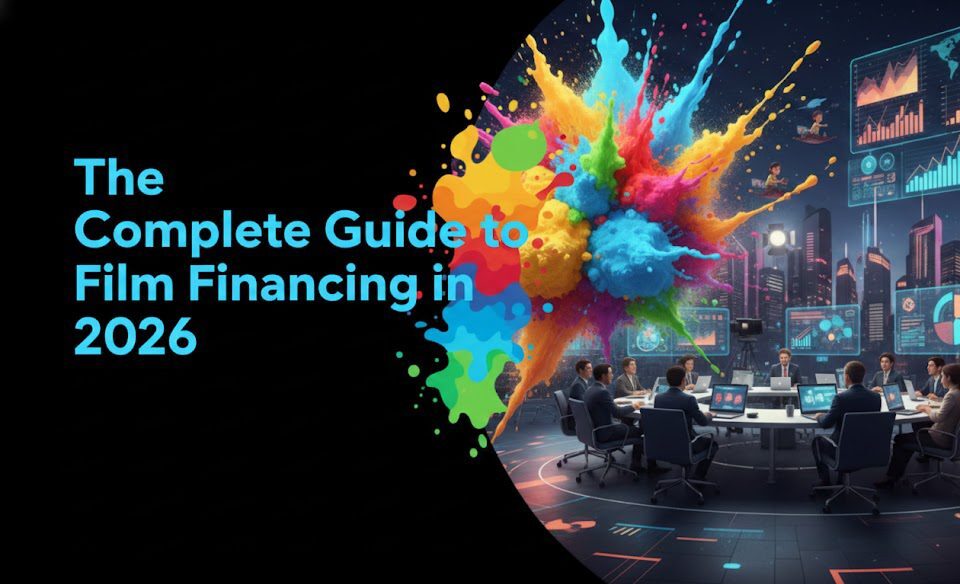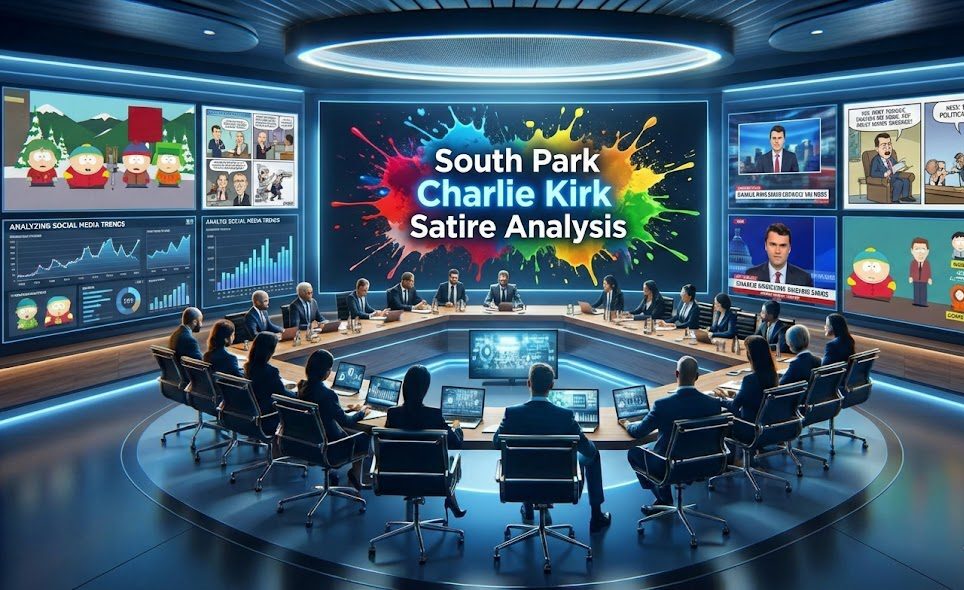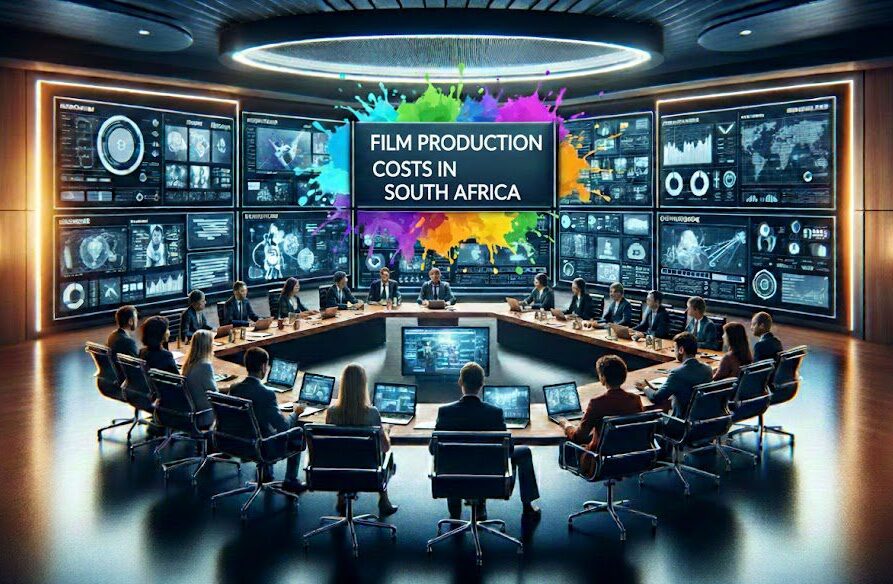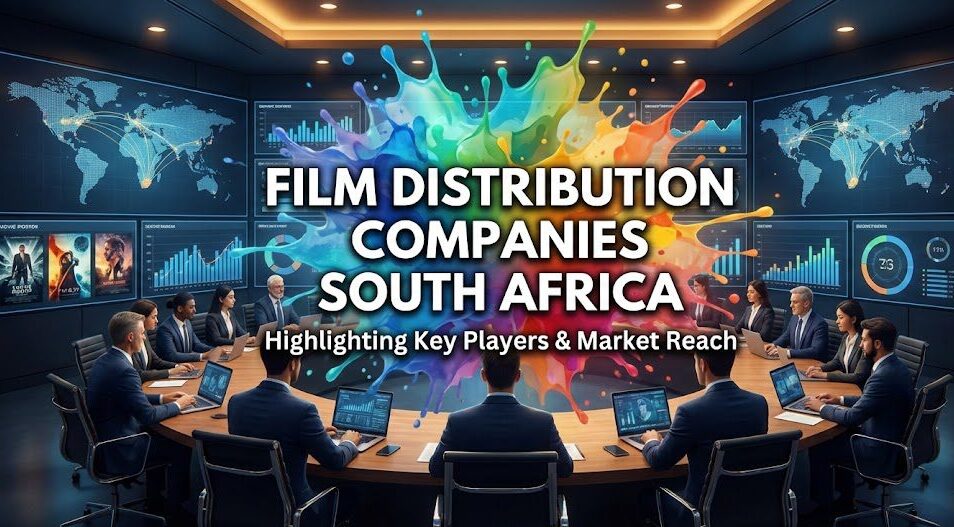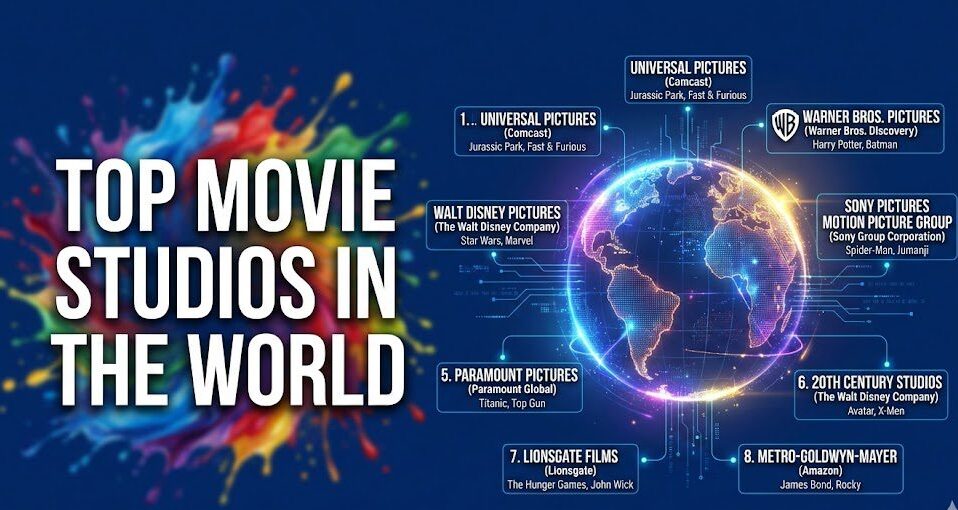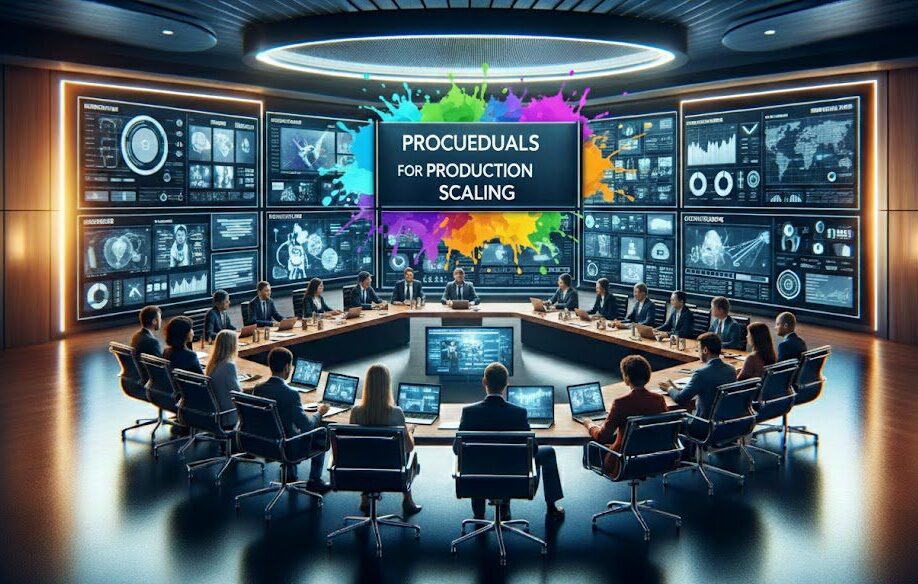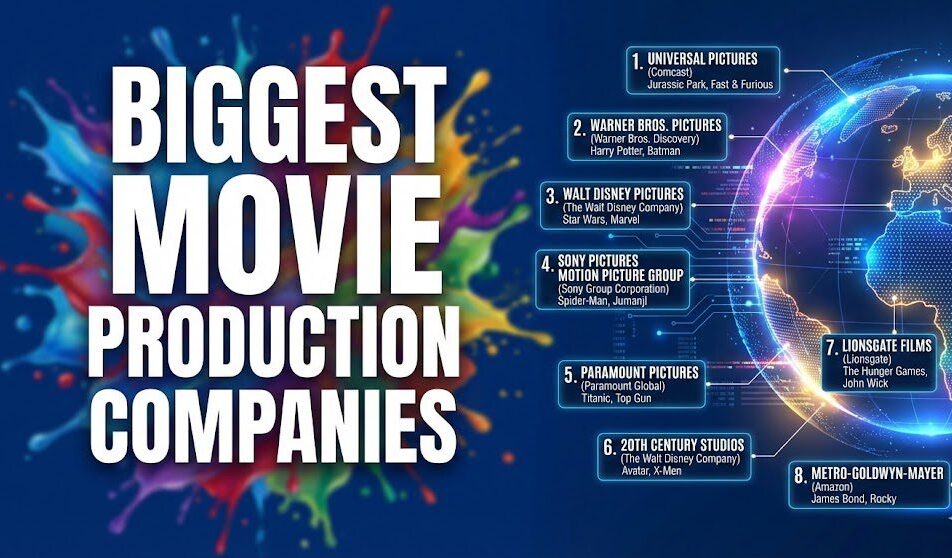Introduction
Have you ever wondered how a bestselling novel turns into a blockbuster movie? Or how a hit TV show becomes a video game? The process behind these transformations is known as an Adaptation Deal—a crucial mechanism in the entertainment industry that allows content to move across different media formats.
In this article, you’ll discover everything about adaptation deals, including:
- What an adaptation deal is and how it works
- The different types of adaptation deals across film, TV, gaming, and publishing
- The key players involved in negotiating these deals
- The legal and financial aspects that make or break an adaptation
- How major studios, streamers, and production houses secure adaptation rights
- How Vitrina simplifies finding the right adaptation opportunities
By the end, you’ll have a clear understanding of the adaptation process and how content creators and businesses leverage adaptation deals to expand their IPs into new markets. Let’s dive in!
What Is an Adaptation Deal?
An adaptation deal is a legal agreement that allows a piece of intellectual property (IP) to be transformed into a different medium. This can involve books becoming films, comics turning into TV series, or even video games being adapted into movies.
Adaptation deals are a fundamental part of the entertainment industry, enabling content to reach new audiences and generate multiple revenue streams. From classic novels like Harry Potter becoming global film franchises to hit games like The Last of Us transitioning into TV series, adaptation deals fuel cross-media storytelling.
Types of Adaptation Deals
Adaptation deals vary based on the type of content being transformed. Here are the most common types:
1. Book-to-Film/TV Adaptations
Many Hollywood blockbusters originate from books, with studios acquiring film rights to transform literary works into visual narratives.
2. Film-to-TV Adaptations
Popular movies often evolve into TV spin-offs or expanded universe series (e.g., The Mandalorian from Star Wars).
3. TV-to-Film Adaptations
Successful TV series sometimes transition to films (e.g., Breaking Bad’s El Camino).
4. Comic Book Adaptations
The Marvel Cinematic Universe (MCU) is a prime example of comics being adapted into billion-dollar franchises.
5. Video Game Adaptations
Games like The Witcher and The Last of Us are being successfully adapted into TV shows.
6. Stage Play & Musical Adaptations
Broadway hits like Hamilton have been adapted for film and streaming audiences.
7. Podcast & Audio Drama Adaptations
Popular podcasts (e.g., Homecoming) have been adapted into TV series.
How Adaptation Deals Work
The adaptation process follows several key steps:
- Securing Rights – Studios or producers negotiate rights with IP owners.
- Development Stage – A creative team (writers, directors, producers) is assembled.
- Script & Production – The adapted content is scripted, cast, and filmed.
- Marketing & Distribution – The final product is promoted and distributed across various platforms.
Each step involves legal, financial, and creative considerations, ensuring the adaptation aligns with the original vision while resonating with new audiences.
Key Players in Adaptation Deals
Adaptation deals involve multiple stakeholders:
- Rights Holders (Authors, Creators, Publishers) – Own the original content.
- Studios & Production Companies – Finance and develop the adaptation.
- Distributors & Streamers – Release the adapted content to global audiences.
- Agents & Entertainment Lawyers – Negotiate legal terms and contracts.
Each player has a critical role in securing and executing successful adaptation deals.
Legal and Financial Aspects of Adaptation Deals
Adaptation deals involve complex legal and financial negotiations, including:
- Option Agreements – Studios pay for the right to develop an adaptation.
- Revenue Sharing – Profit distribution between original IP owners and the production team.
- Creative Control – Determining how closely the adaptation follows the original source.
Failing to negotiate these terms effectively can lead to disputes and failed projects.
Challenges in Securing Adaptation Deals
- Securing Rights: High-demand IPs can lead to competitive bidding wars.
- Creative Differences: Aligning the original creator’s vision with market demands.
- Market Viability: Ensuring the adaptation resonates with global audiences.
Many adaptation deals fail due to these challenges, making it crucial to have the right industry insights.
How Vitrina Helps with Adaptation Deals
Vitrina simplifies adaptation deals by:
- Providing Access to Global IPs – Discover adaptation-ready content across 100+ countries.
- Connecting with Key Decision-Makers – Verified contacts of rights holders, producers, and studios.
- Tracking Adaptation Trends – Insights into what content is being adapted and who is buying rights.
- Competitive Intelligence – See which companies are securing adaptation deals and strategize accordingly.
With Vitrina, you gain a competitive edge in the fast-moving world of content adaptation.
Key Takeaways
✔ Adaptation deals enable IPs to be transformed into new media formats.
✔ They involve complex legal, financial, and creative negotiations.
✔ Major players include studios, rights holders, and distributors.
✔ Challenges include securing rights, creative alignment, and market viability.
✔ Vitrina streamlines adaptation deal-making with deep industry insights.
Frequently Asked Questions
An adaptation deal is an agreement allowing content (books, games, comics, etc.) to be transformed into another medium.
They negotiate with rights holders and sign option agreements, granting them the right to develop the adaptation.
Securing IP rights, creative differences, and ensuring market success.


























